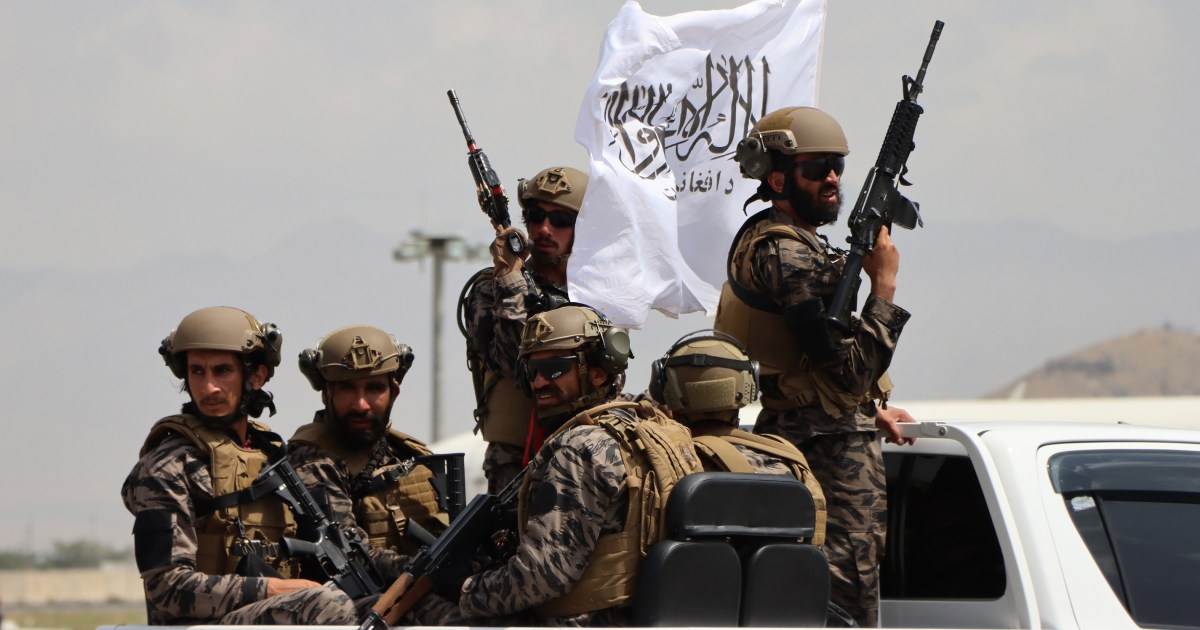Today, Sunday, the Taliban government ruled out the impact of the freezing of Afghan funds on its actions, and while it played down the threat of the Islamic State to the stability of the country, it sent security reinforcements to protect Shiite mosques in Kandahar province.
Afghan Interior Ministry spokesman Saeed Khosti said that the Islamic State is not a real threat in Afghanistan.
In statements to Al-Jazeera, Khosti stressed the ability of the Afghan government to stand up to the organization, as he put it.
He said, "Some foreign parties, including the media, have greatly promoted the presence of ISIS in Afghanistan, and the truth is that ISIS is not a greater danger in the country, and we will soon be able, God willing, to eliminate ISIS as we were able and succeeded in facing other challenges more dangerous than that, thanks to God, and then the people stand with us." ".
Extra forces
In a related context, the Taliban government pledged to protect Shiite mosques and provide security for them, after a bloody attack on a Shiite mosque in Kandahar province.
Police chief in Kandahar province, Abdul Ghaffar Mohammadi, said that additional forces would be sent to protect Shiite mosques in the province.
Mohammadi added that the police forces will work alongside local volunteers to ensure the security of mosques.
The Islamic State had claimed responsibility for the attack that targeted the Fatimid Mosque, during Friday prayers, which killed 62 people.
Friday's attack came a week after a bombing claimed by the Islamic State targeted a Shiite mosque in the city of Khanabad in Kunduz province (in the north of the country), which killed about 120 people, according to some reports.
Other sources
In another matter, the spokesman for the Afghan Ministry of Interior, Saeed Khosti, said that the freezing of Afghan assets will not affect the conduct of government affairs, but it will harm the Afghan people.
Khosti called for the release of this money because it is "the right of the Afghan people."
He acknowledged that the freezing of Afghan assets could affect the lives of the Afghan people, because the people need "to benefit from these funds in the field of trade and economy."
At the same time, it was ruled out that the government would be greatly affected by the freezing of these funds, "because we do not rely heavily on international aid, as we have other sources that we benefit from to provide the budget and pay the salaries of employees."

